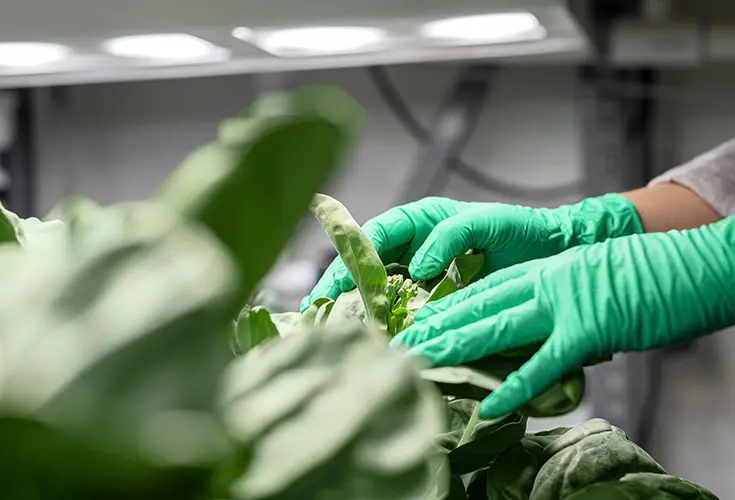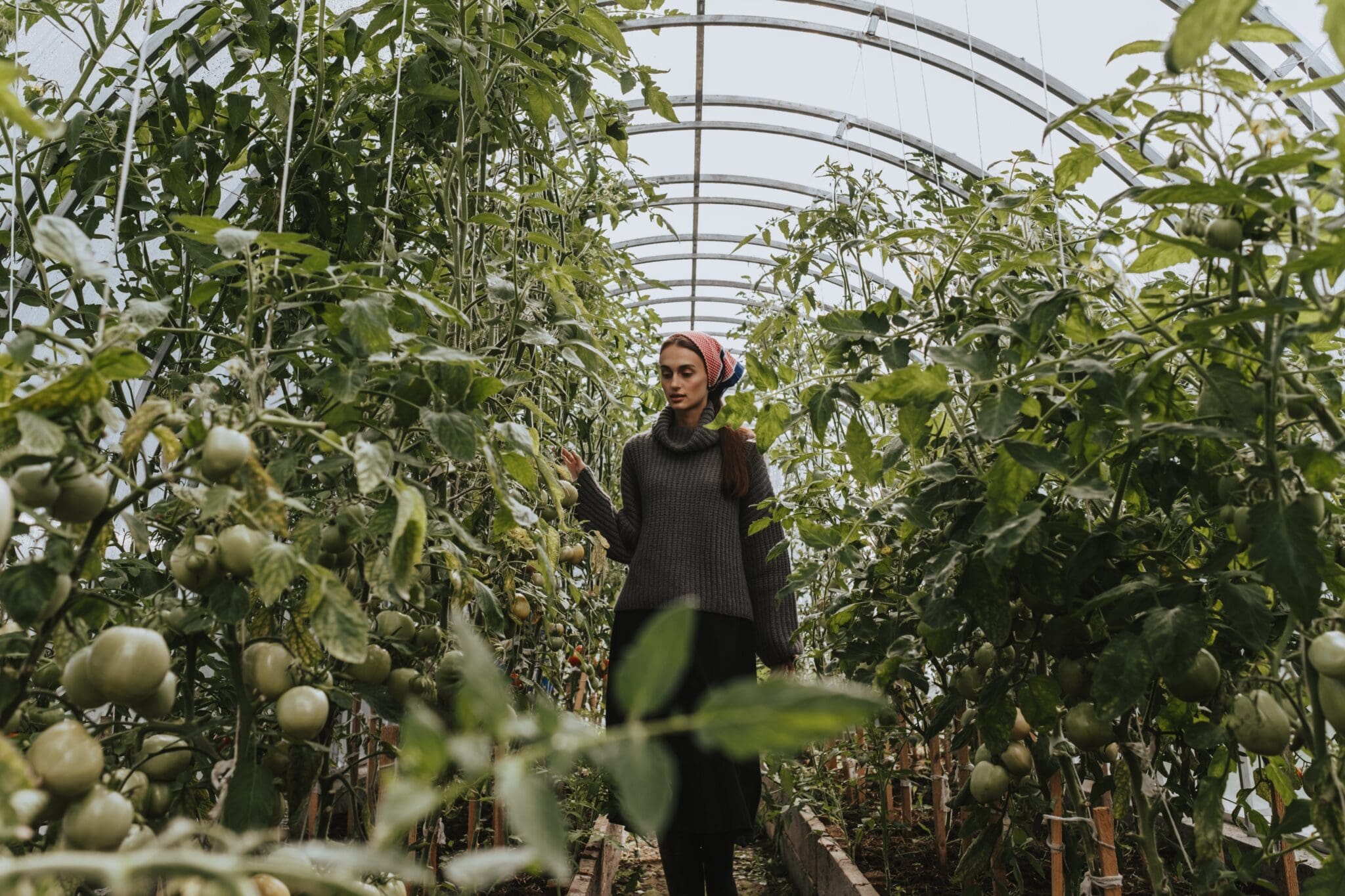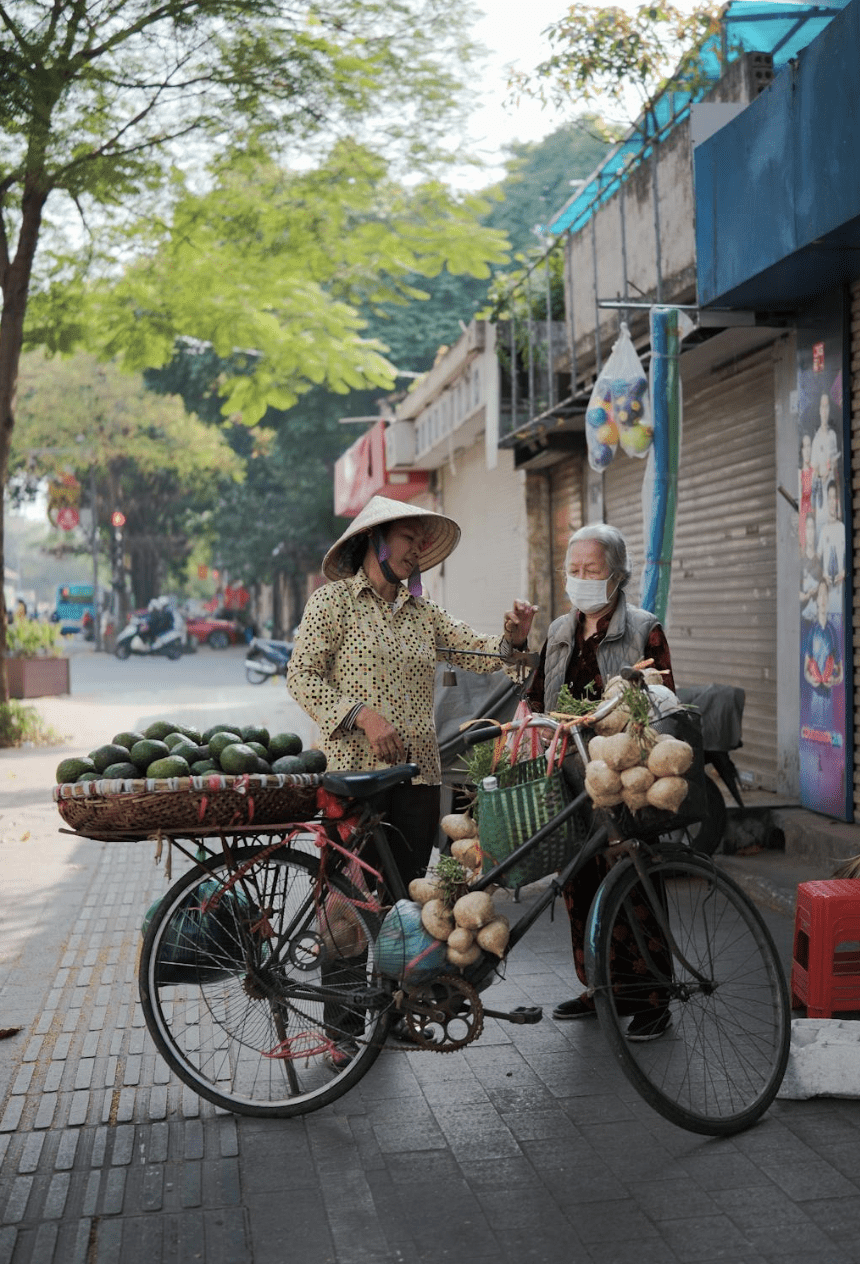Three innovators tackling food supply chain challenges
Nilus, OpenSC, and Plenty are examples of three innovators reshaping the landscape of the food supply chain. Now more than ever, innovation is critical in addressing the challenges within the global food system.
- Impact Hub Network
- Global team
In a world grappling with food supply chain challenges, innovation emerges as the key to progress. Three remarkable initiatives is spearheading transformation in the way we produce, distribute, and consume food. These visionary endeavours are reshaping the landscape, offering solutions to address food waste, enhance sustainability, and reimagine urban farming. In this blog post, we delve into the inspiring stories of Nilus, OpenSC, and Plenty, and discover how they are tackling some of the most pressing issues in our global food ecosystem.
Nilus’s innovative approach to tackling food waste
Every year, a staggering amount of edible food is wasted across various stages of the food supply chain. Nilus, with a presence in Argentina and Mexico, has set out on a mission to combat both food waste and access issues for low-income communities. At the core of their approach is a user-friendly app that serves as a collaborative platform for food producers and marginalised communities. Through this app, producers can list surplus inventory before expiration, preventing wastage by enabling timely distribution to points of need.
One significant impact of Nilus’s approach is the facilitation of connections between producers and low-income communities, fostering community and shared purpose. Surplus food that would otherwise go to waste now reaches community kitchens or is available for communal purchases, addressing logistical challenges and promoting social responsibility.

OpenSC’s blockchain and AI revolution for sustainable consumption
Responsible consumption is crucial, considering that over 80% of food emissions occur in production. OpenSC addresses this challenge by leveraging blockchain and AI to verify sustainable, low-carbon production at the source. Blockchain creates an immutable ledger of a product’s journey, providing consumers with insights into origins and processes, and rewarding responsible brands.
The integration of AI in OpenSC’s framework goes beyond transparency; it actively assists consumers in making informed choices and holds companies accountable through pattern analysis. This convergence of blockchain and AI creates a robust ecosystem transforming the industry into one that is more sustainable and ethical.

Plenty cultivating a greener tomorrow through urban-adjacent vertical farms
Plenty has set its sights on addressing pressing challenges through vertical farming near urban centres. This strategic positioning not only reduces transportation emissions but also minimises nutrient loss. Committed to resource efficiency, Plenty’s controlled environment minimises water waste and maximises productivity per unit of land through its ingenious vertical design.
Plenty’s holistic approach signals a step towards a more sustainable future for food by reducing emissions, optimising water usage, and efficiently utilising land. The concept of urban-adjacent vertical farms holds the promise of cultivating a greener tomorrow and transforming the way we approach agriculture in urban spaces.

As we witness the transformative efforts of Nilus, OpenSC, and Plenty, it becomes evident that innovation is indeed the driving force behind progress in the food supply chain. These initiatives inspire hope for a brighter and more sustainable future, showcasing the potential for technology, collaboration, and resource efficiency to revolutionize the way we produce, distribute, and consume food on a global scale.
Unleash your impact potential today
Join our free global membership for the latest news, resources, and inspiring stories of entrepreneurial impact. Sign up now and ignite your journey towards making a difference.
You also might like

World Food Day: Why food systems matter for our future
World Food Day: Why food systems matter for our future

Beyond the numbers: Celebrating the Makers who drive impact
Beyond the numbers: Celebrating the Makers who drive impact

